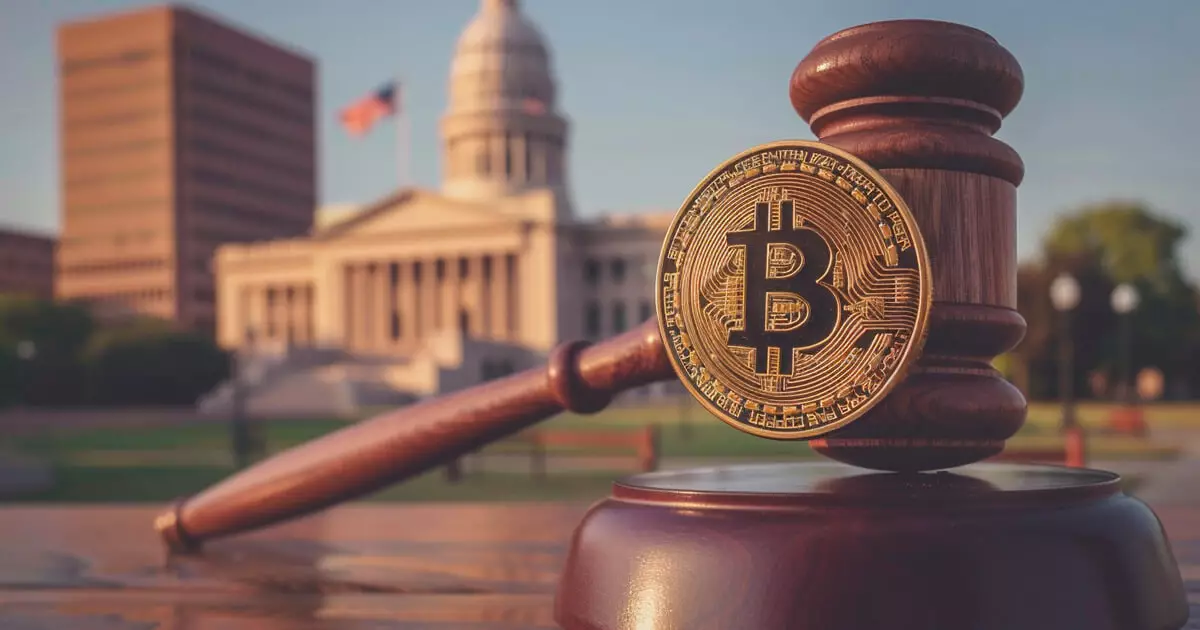Oklahoma has made history by becoming the first state in the United States to legally protect the right to self-custody Bitcoin through the passing of a groundbreaking bill. This new legislation signed by Republican Governor Kevin Stitt, known as the ‘Bitcoin Rights’ bill (HB3594), solidifies the ability of residents to possess, control, and utilize digital assets without interference from the state. The significance of this bill cannot be overstated, as it establishes a clear precedent for the nation in terms of upholding the rights of Bitcoin holders.
Ensuring Self-Custody
One of the key provisions of the newly enacted law is the assurance of the right to self-custody Bitcoin using hardware wallets. This crucial protection allows individuals to securely store and manage their digital assets without fear of government intervention. Additionally, the legislation covers digital asset mining, permitting citizens to engage in home mining activities while adhering to local noise ordinances. By addressing the energy-intensive nature of crypto mining, the bill paves the way for individuals to participate in this aspect of the industry without unnecessary restrictions.
Advocating for Change
The advocacy and efforts of the non-profit organization Satoshi Action Fund played a pivotal role in the development of the bill and its successful passage. The CEO and co-founder, Dennis Porter, highlighted the importance of codifying the right to self-custody into law, emphasizing that it serves as a blueprint for other states to follow. Satoshi Action Fund is actively working to promote similar legislation in 15 additional states, further solidifying the protection of digital asset rights on a national scale.
The passage of HB3594 signifies a significant milestone for cryptocurrency advocates and reflects a broader trend of increasing political interest in digital assets. While Democrats at the federal level often express concerns about the risks associated with crypto, Republicans are pushing back against overly burdensome regulations that could hinder innovation. As technology continues to evolve, perspectives on crypto are shifting beyond traditional partisan divides, creating new opportunities for legislative progress in the financial sector.
Oklahoma’s pioneering move to protect Bitcoin self-custody rights has the potential to influence not only other states in the US but also countries around the world. By recognizing the importance of personal financial autonomy and embracing the technological advancements of the digital age, Oklahoma has set a standard for digital asset regulation that may inspire future legislative actions on an international scale. The momentum generated by the passage of HB3594 serves as a beacon of hope for cryptocurrency enthusiasts and advocates worldwide.

